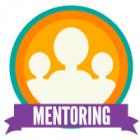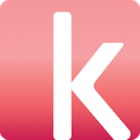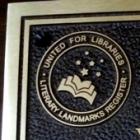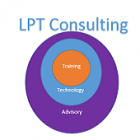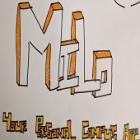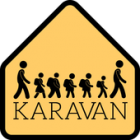
Karavan
In 1969, 89% of kids who lived within a mile of their school walked to school. Today, that number is around 35%. Parents’ concern over the lack of supervision and safety of their children has contributed to this steep decline. Karavan is a mobile application that facilitates group walks, allowing neighborhood children to safely walk to school together with a trusted chaperone. Parents can create group walks they can lead, or join their child to an existing walk. Walking improves children’s health, eases traffic congestion, and strengthens communities, and we hope to make walking to school the norm again!

